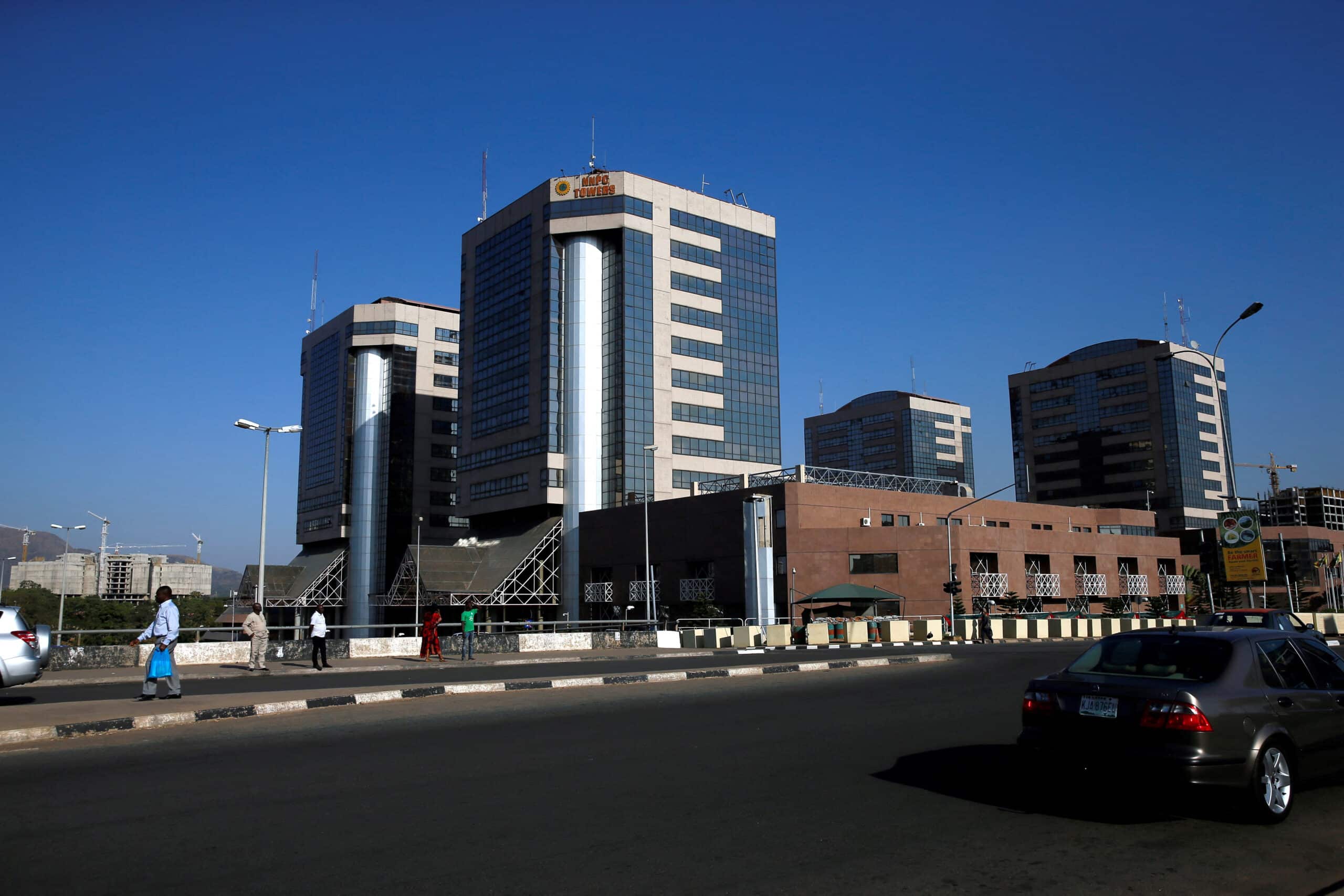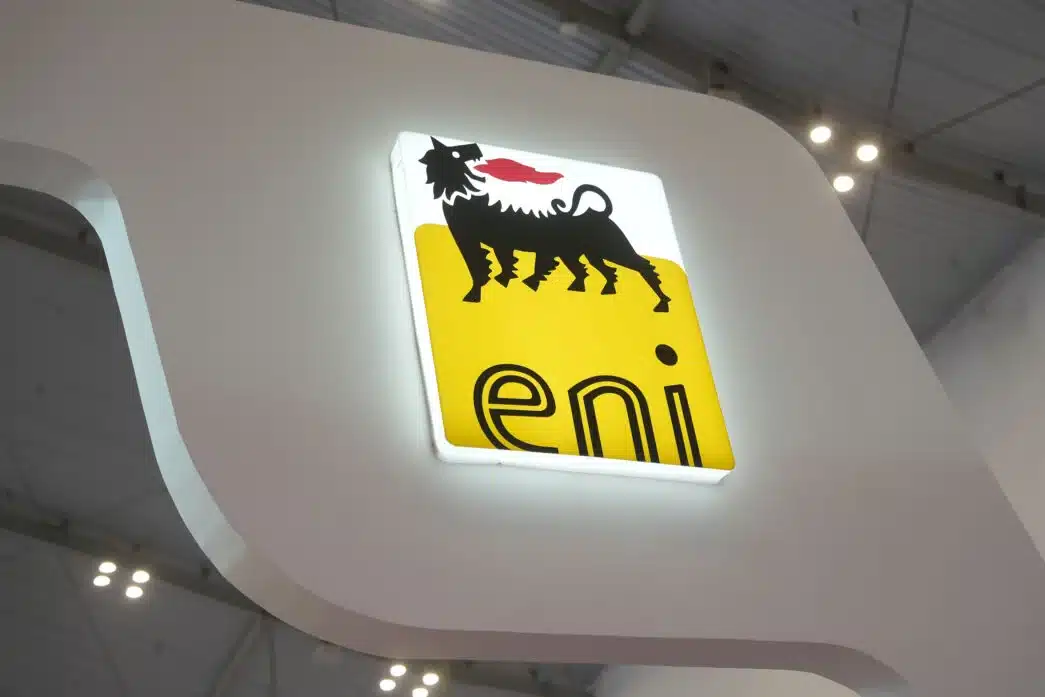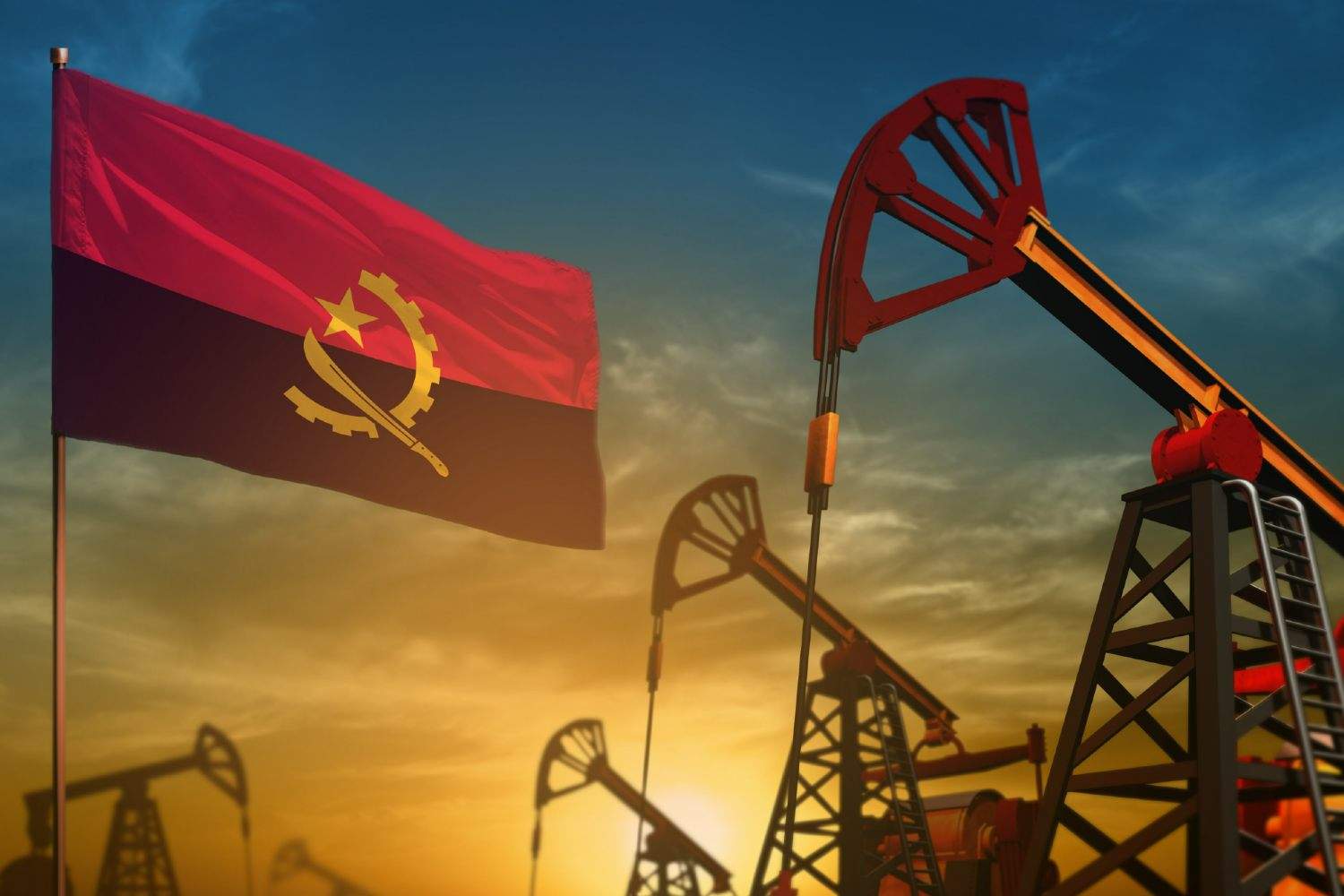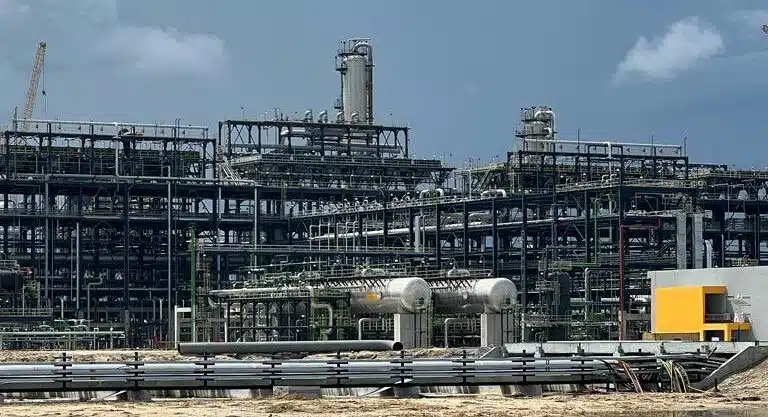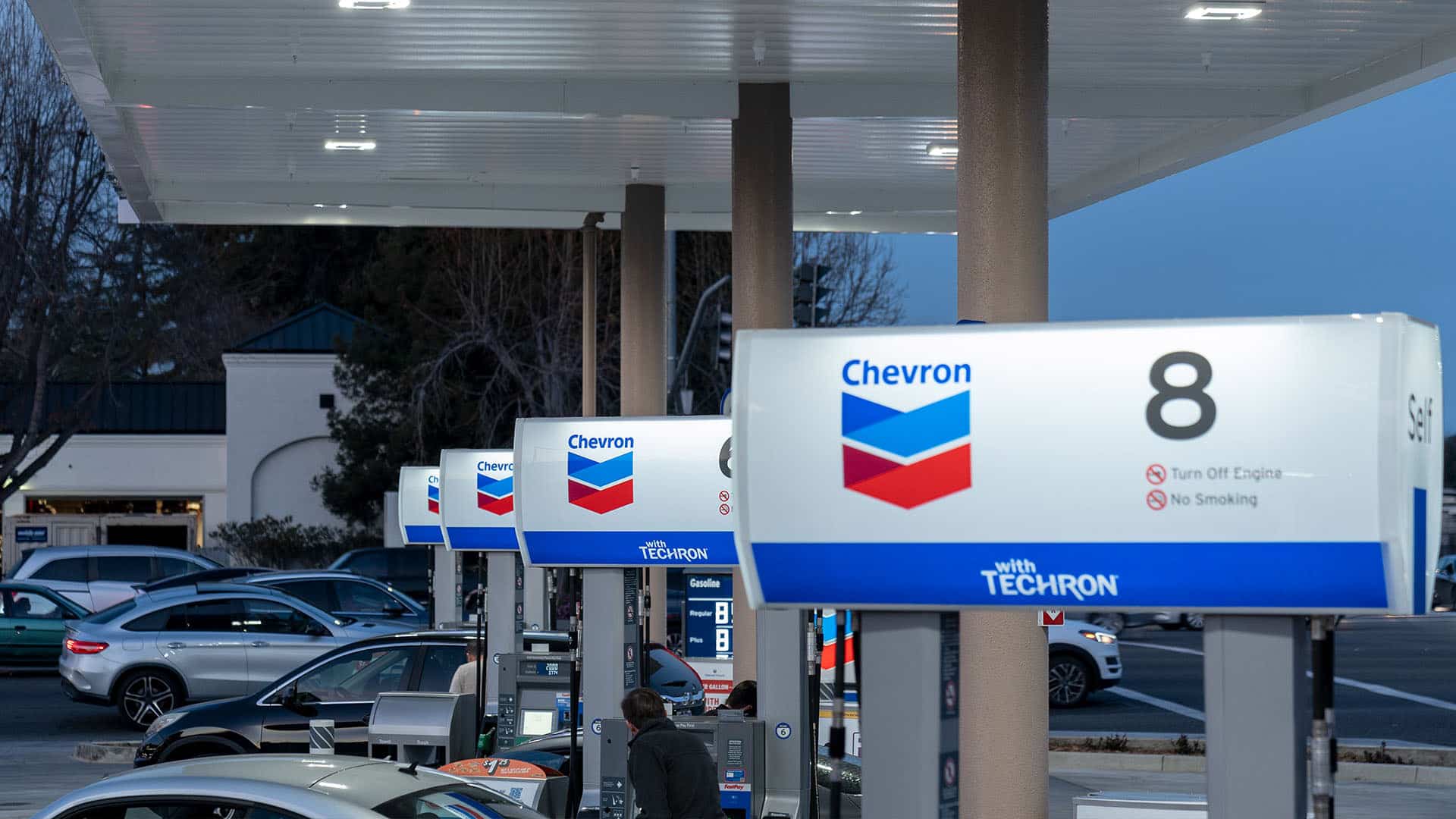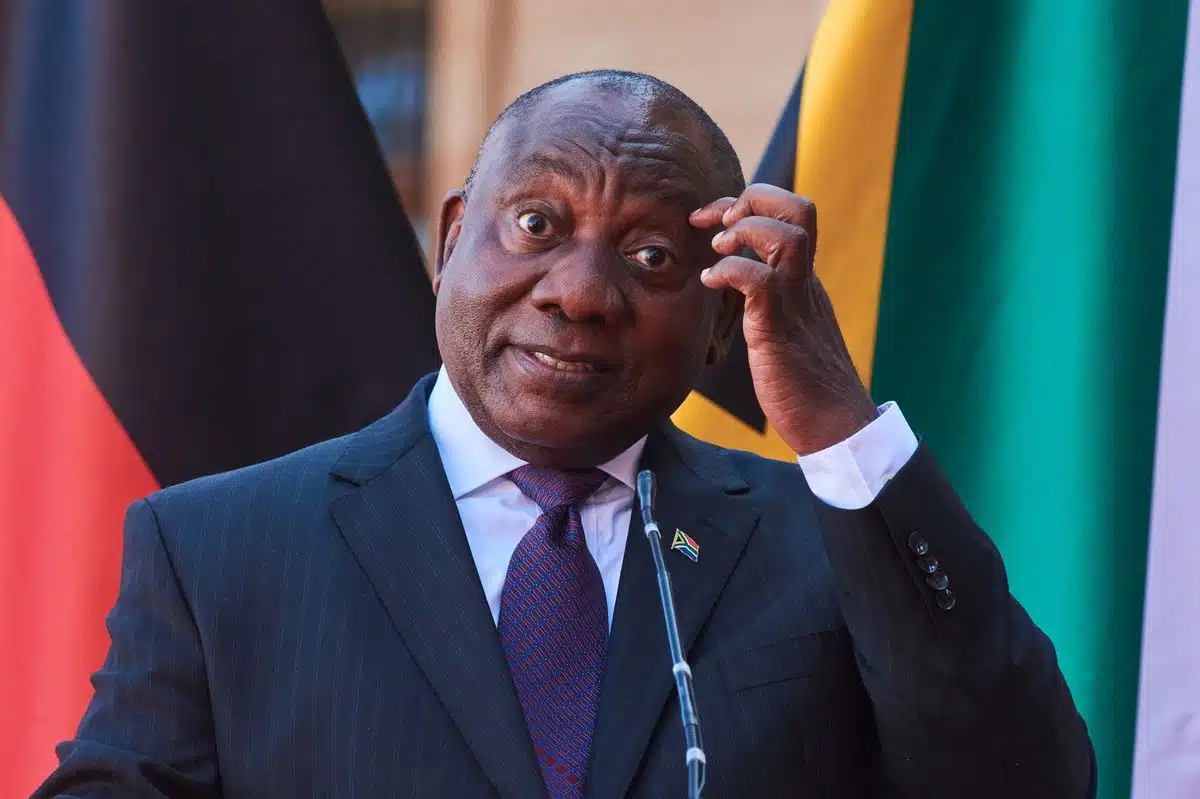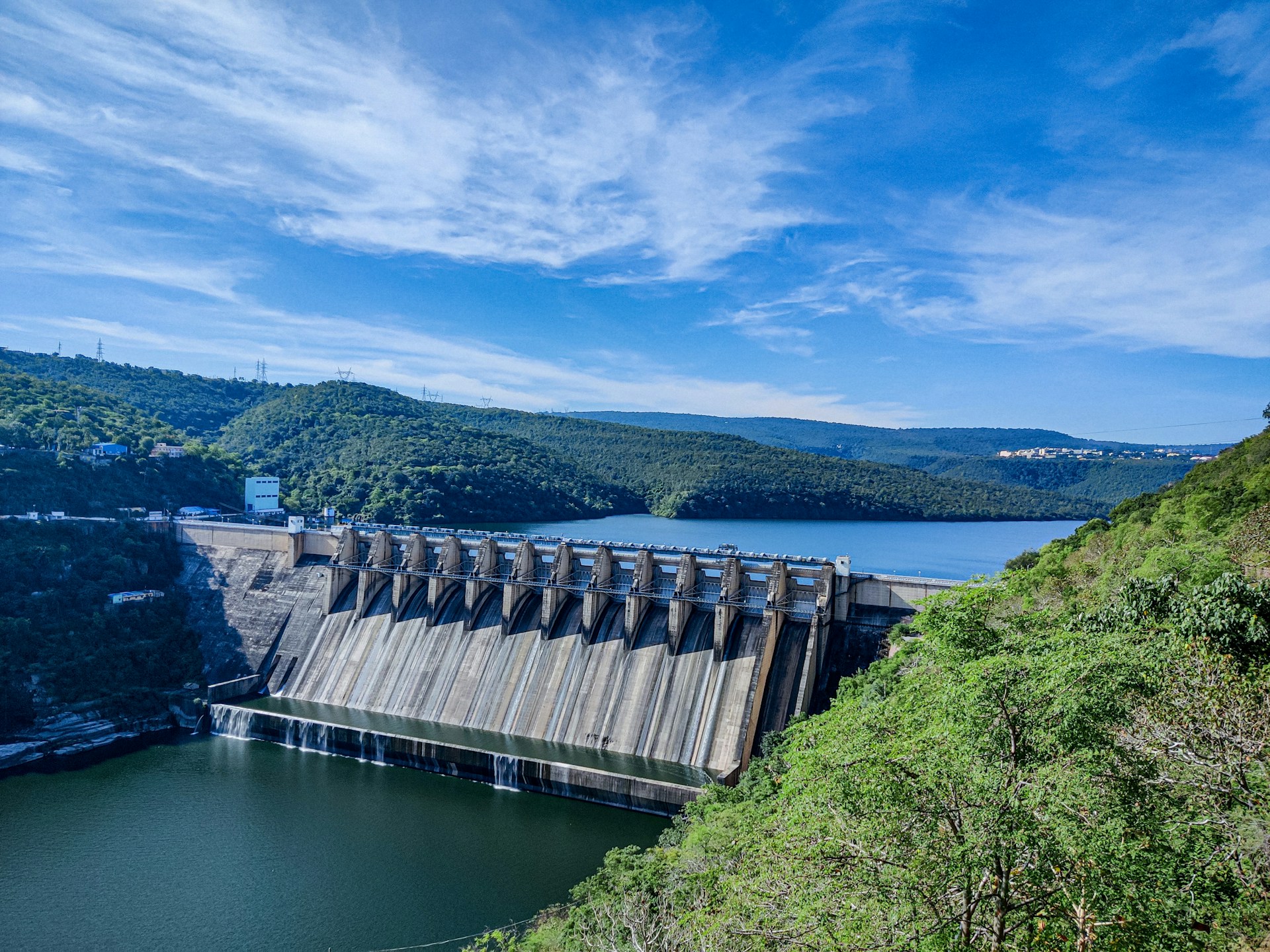Nigeria’s state-owned energy company NNPC Limited said it is working towards increasing its stake in the Dangote Petroleum Refinery to 20% from the current 7.2%.
This was disclosed by Bayo Ojulari, chief executive of NNPC, while speaking at the ADIPEC energy conference in Abu Dhabi.
The Nigerian government (via the NNPC) initially committed to acquiring a 20% stake in the $20 billion Dangote Refinery, Africa’s largest oil refining facility.
However, due to funding constraints, the company capped its investment at the amount already paid, resulting in a reduced stake of 7.2%
Until the Dangote refinery came on stream last year, NNPC was the major importer of fuel into Nigeria, largely because its three refining plants had failed to deliver despite huge investments over the years.
Stake expansion tied to operational milestones
The refinery, which has a capacity of 650,000 bpd, is central to Nigeria’s efforts to reduce fuel imports and become energy self-sufficient.
Since coming online, the plant has helped cut imports by a significant margin, despite facing operational challenges.
In September, Nigeria’s petrol imports fell 116,000 bpd, its lowest level in at least eight years.
From January up to September, its imports had dropped by more than 40% year-on-year to 162,000 bpd.
Dangote’s growing fuel exports had also seen the country’s net petrol imports fall to a new low of 38,000 bpd.
These developments have seen Nigeria drop to eighth position on the 2025 list of countries with the most gasoline imports globally.
Still, official data from the downstream regulator show up to 60% of the country’s fuel needs are met by imports, with the rest coming almost entirely from Dangote.
This is expected to change in the coming few years as 18 or so other refinery licenses translate to actual plants on the ground.
Meanwhile, President Bola Tinubu has recently approved a historic 15% tariff on all imports of petrol and diesel to encourage local refining and cut dependence on imports.
These are the most consumed fuels in Nigeria.
Government eyes bigger role in refining sector
Increasing NNPC’s stake in the Dangote refinery would give the government greater influence in domestic fuel pricing and supply chain decisions.
This is because the Dangote Group announced plans to more than double its refinery capacity from the current 650,000 bpd to 1.4 million bpd by 2028.
Dangote has also said it would list 5–10% of the refinery on the Nigerian Exchange (NGX) by 2026, aiming to reduce its own stake to 65–70% over time.
“We don’t want to keep more than 65% to 70%. Our business concept is going to change. Now instead of being 100% Dangote-owned, we’ll have other partners,” Mr Dangote told S&P Global Insights.
However, he said the refinery must enter its next growth phase before any additional equity is granted
At the same time, NNPC is pushing forward with its initial public offering (IPO) plans, despite missing the 6-month deadline prescribed by the PIA (Petroleum Industry Act) 2021.
Ojulari said the state-owned company, which has begun a technical review of its moribund refineries, is currently focused on improving transparency around its performance in preparation for that phase.

